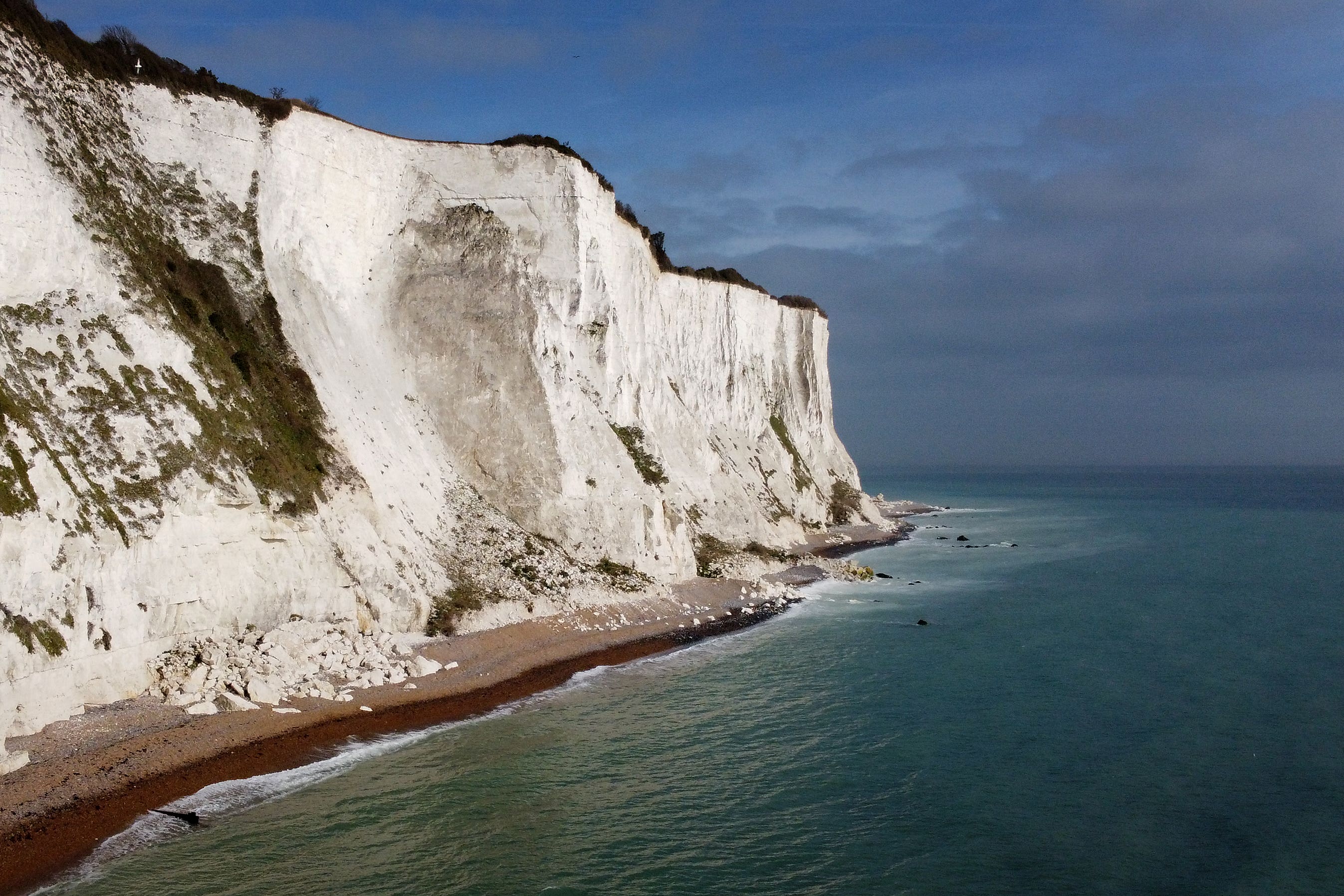£14.5m boost for efforts to save England’s rarest species
The announcement comes as England’s wildlife is facing extreme pressures, according to Natural England

Your support helps us to tell the story
From reproductive rights to climate change to Big Tech, The Independent is on the ground when the story is developing. Whether it's investigating the financials of Elon Musk's pro-Trump PAC or producing our latest documentary, 'The A Word', which shines a light on the American women fighting for reproductive rights, we know how important it is to parse out the facts from the messaging.
At such a critical moment in US history, we need reporters on the ground. Your donation allows us to keep sending journalists to speak to both sides of the story.
The Independent is trusted by Americans across the entire political spectrum. And unlike many other quality news outlets, we choose not to lock Americans out of our reporting and analysis with paywalls. We believe quality journalism should be available to everyone, paid for by those who can afford it.
Your support makes all the difference.A special project to save rare species at the “iconic” white cliffs of Dover has been announced as part of a multi-million-pound investment by Natural England.
Plans to recover special species in grasslands will also go ahead at the Isle of Wight as 63 projects have been confirmed by the public body to help save 150 species around the country.
A £14.5m sum will be shared among the schemes that are hoping to revive some of England’s most rare and threatened species from butterflies, bird and bees to the large marsh grasshopper, white-clawed crayfish and water voles.
The announcement on 14 September comes as England’s wildlife is believed to face extreme pressures, with the number of the average species falling by 52 per cent, Natural England said.
The National Trust White Cliffs and White Chalk Species Recovery project will focus on recovering special insects and plants at the white cliffs at Dover and the Isle of Wight, which share similar needs for how the chalk and clifftop grasslands can be managed.
Some of the species to be saved include the Potter Flower Bee, Cliff Furrow Bee and plant Oxtongue Broomrape, which will be done through improving mowing, livestock grazing and other means.
Natural England’s area team leader, Benjamin Thompson, said: “We are excited for this investment into habitat management for these rare species at such an iconic site as the White Cliffs of Dover.
“Species-rich grassland is one of the rarest, yet one of the most important habitats for biodiversity in England.
We are excited for this investment into habitat management for these rare species at such an iconic site as the White Cliffs of Dover
“Through Agri-environment schemes with landowners, the network of species-rich grassland in East Kent is growing, providing habitat for many rare and threatened species and we are excited to see this increased support through the Species Recovery Program.”
Further projects at the white cliffs of Dover include re-introducing 20 to 35 Chough birds to the habitat.
Meanwhile work in Hastings, East Sussex, will hike the resilience of rare bee species by improving wildflower meadows and woodland-edge habitats.
The cash boost will be used by environmental charities, wildlife charities and local authorities to carry out the projects around the country.


